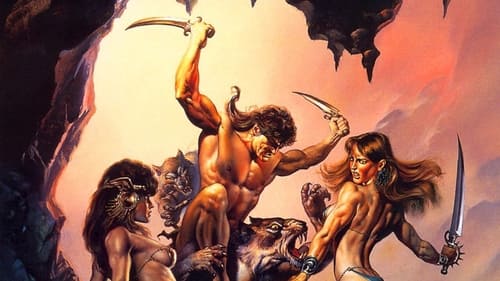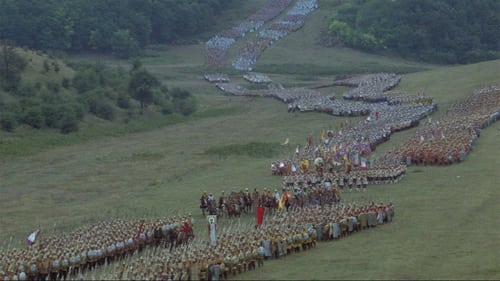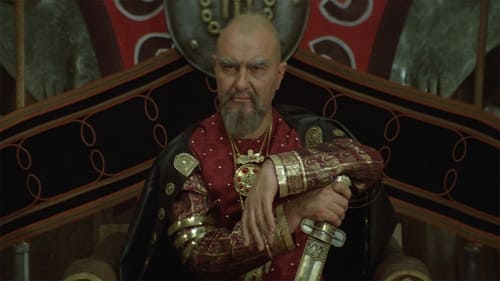
Co-Producer
Все великие воины Дальних Земель собираются в замке на вершине холма, чтобы сразиться друг с другом и определить сильнейшего. Нет среди них равного Ловчему смерти. Но участники турнира таинственным образом исчезают один за другим. Хозяйка замка превращает могучих воинов в ужасную армию каменных монстров. Ловчий смерти вступает в битву. Он должен спасти товарищей и свою вновь обретенную любовь, победив коварную королеву.

Director
In the 17th century, a Bulgarian Christian region is selected by the Ottoman rulers to serve as an example of conversion to Islam. A Janissary who was kidnapped from the village as a boy is sent to force the reluctant inhabitants to convert. The Turkish governor seeks a peaceful solution, but ultimately torture, violence, and rebellion break out.

Director
The last part of the epic "Khan Asparukh" - "Land Forever" is an impressive finish to scale narrative, created for the nationwide celebration of 13 century anniversary of the Bulgarian state. The authors collected in final chord all storylines, culminating in the political strengthening of the young Bulgarian state. In the center of the film epic again is the image of Khan Asparukh - a lofty romantic hero who embodies the virtues and energy of his people.

Director
This is an epic screen presentation showing the creation, the consolidation and the power of First Bulgarian Kingdom and the first Bulgarian ruler Khan Asparuh. The second part of the great historical epic - "The Migration" - tells about the long journey to the land of the Bulgarians of today's Bulgaria. Here the young Khan Asparukh laid the foundations of the new state. The authors adhere to the established historical versions for this event. The film builds on the impressive mass scenes and the convincing served psychological characteristics of the main characters. The image of Asparoukh is a natural center of the story, in which many minor persons recreate the environment of the Khan. Romantic exalted, Asparukh is shown as capable leader of the people, consistently implement his own ideas.

Director
This is an epic screen presentation showing the creation, the consolidation and the power of First Bulgarian Kingdom and the first Bulgarian ruler Khan Asparuh. This is the first part of the film trilogy about the events before the creation of the Bulgarian state in the middle of the VII century. Volga Bulgaria is straining under the attacks of the Khazars. Following the testament of his father, the sons of Khan Kubrat looking for a new home for their tribes. The youngest of them - Asparukh, wander 20 years in search of "land forever" for his people and reaches the mouth of the Danube. The film is narrated by captured Byzantine chronicler Belisarius, which should Asparukh in his journeys. Byzantine witnessed the heroic efforts of the Bulgarians to win the land south of the Danube and to create their new country.

Director
In 651, Khan Kubrat died and the Khazars accelerated their raids upon Great Bulgaria. His five sons split the Bulgarian tribe and each led his to find new land where they could live in peace. Khan Asparukh, the youngest son, went west and, after an arduous journey lasting for years, southward across the River Danube, into Moesia. In 680-81, in alliance with the Slavs, he inflicted stunning defeats on the Roman legions and forced the Byzantine Empire to recognize the formation of the new state of Bulgaria in the lands where it still exists today.

Director
The intricate relations between an Artist, an Actress and a Poet are seen against the background of one of the most dramatic events in the recent history of Bulgaria: uprising, which broke out in 1923.

Director
Maria is having great difficulty getting on with her parents because of their blind, consumerist approach to life. Traumatized by continuous family dramas, having experienced the disappointments of firs love, Maria decides to go up the mountain to a holiday home. There she meets a conceited architect, a shy teacher, a jurist, and a timid journalist (all of them representatives of the intelligentsia) who are domineered by the manager of the holiday home and his 'problems'. Maria's resignation changes into a rebellion against impersonal submission and sheep-like compliance with those who hold power.







